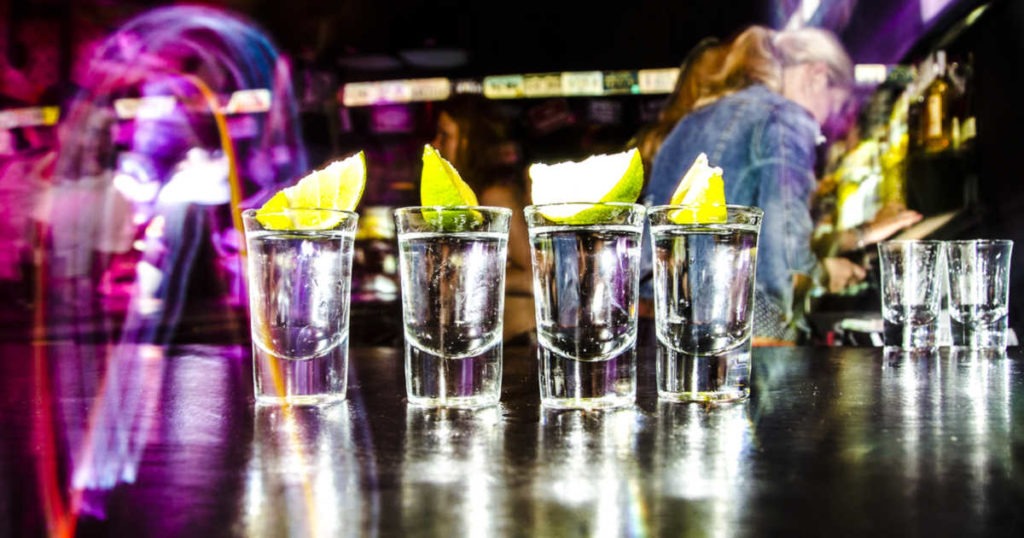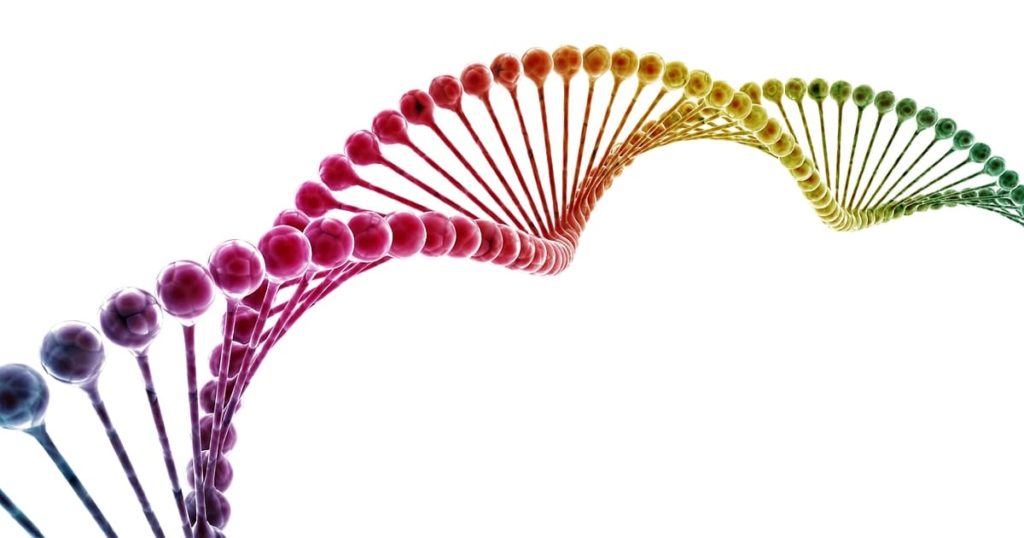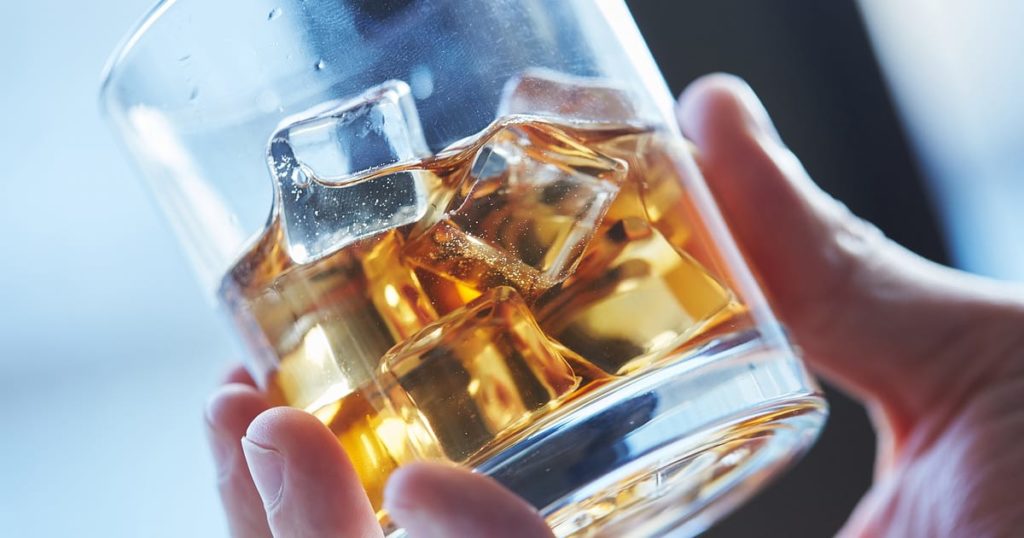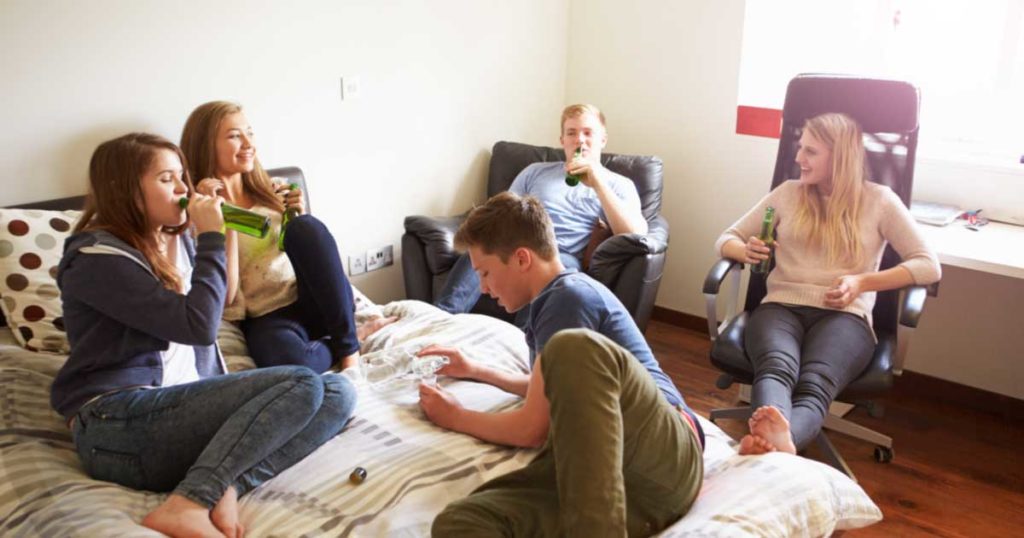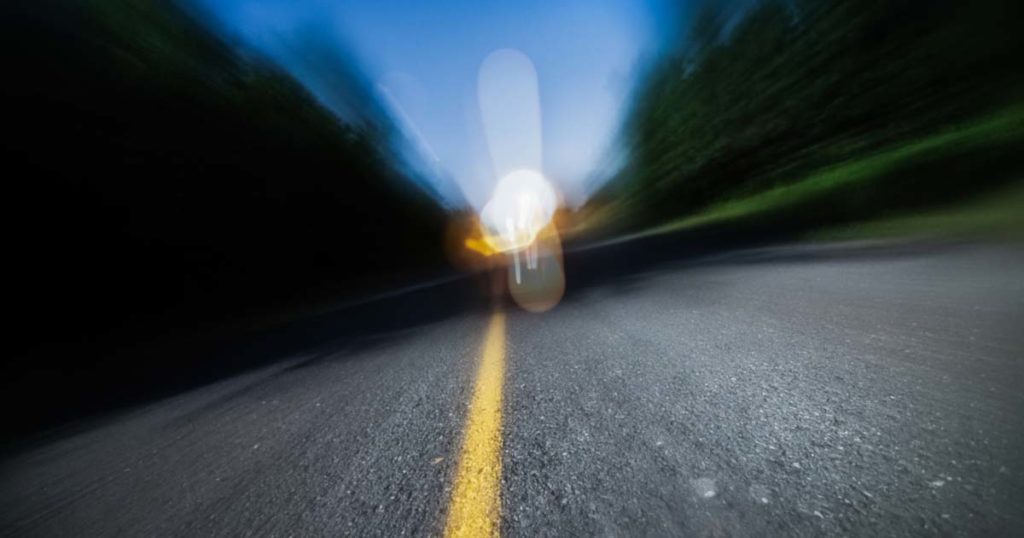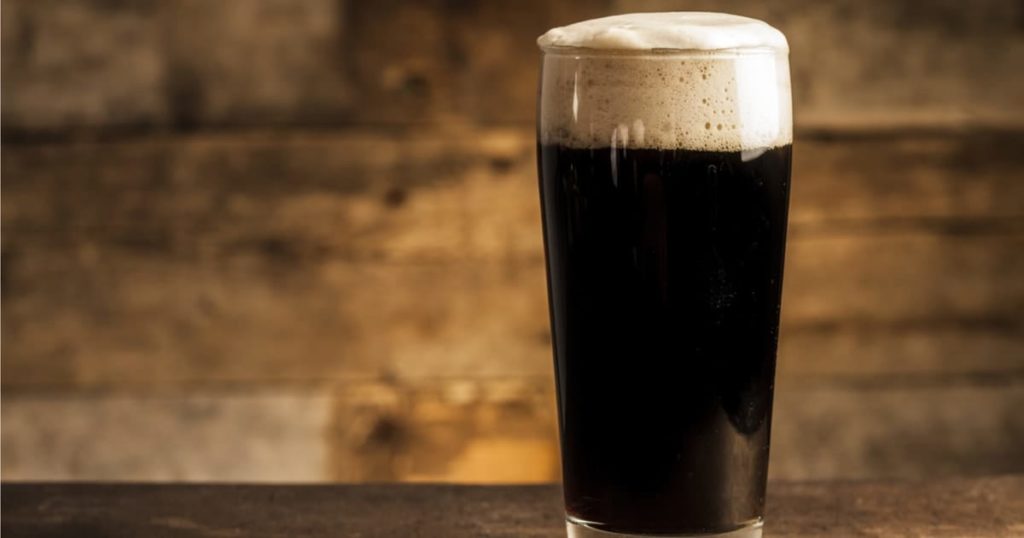Near beer, small beer, low alcohol and non-alcoholic are some of the names for beer with the alcohol content removed, but exactly how much alcohol is in non-alcoholic beer? There are a number of brands that offer a variety of styles and flavors, but the alcohol content, referred to as alcohol by volume (ABV), is an important consideration. Very few non-alcoholic beers contain no alcohol at all. In the United States, to be labeled “alcohol-free,” beer may contain up to 0.5% ABV. The term “low alcohol” allows for between 0.5% and 1.2% ABV to be present. For comparison, many mass-produced “regular” beers are between 4% and 5% ABV, while craft brews are typically stronger. Not all brands are available throughout the U.S. Here are a few major brands and their ABV:
- Genesee N/A: 0.05%
- Beck’s Non-Alcoholic beer: 0.3% ABV
- Clausthaler Golden Amber: 0.3%
- Sharp’s: 0.4%
- Old Milwaukee Non-Alcoholic: 0.4%
- Clausthaler Premium: 0.45%
- Kaliber: 0.5%
- Molson Exel: 0.5%
- Pauli Girl N.A.: 0.5%
For people in recovery, non-alcoholic beer is a heavily debated topic. If you find yourself asking, “How much alcohol is in non-alcoholic beer?” it’s important to challenge yourself to ask the next question: “Is drinking any beverage that is designed to smell, look and taste as much like beer as possible safe for my sobriety?” From a harm-reductionist point of view, some would say yes. While drinking these beverages may simulate drinking beer, you will not become intoxicated. For some people in recovery, that difference is enough. For other people, the risk of being triggered — especially by the scent of the beer, according to recent research — and perhaps ultimately relapsing makes drinking non-alcoholic beer not worth it. And remember, despite the label that says non-alcoholic, the beer probably does contain some alcohol. It might not be enough to get you drunk, but it may be enough to trigger wicked cravings and send you spiraling into a relapse. If you are trying to decide whether non-alcoholic beer is safe for you and your recovery from alcohol abuse, talk it over with your sponsor or your therapist. Be honest with yourself and with your support network about what it is you are seeking. It might have very little to do with the beer after all. https://www.beeradvocate.com/lists/style/5/ https://www.esquire.com/food-drink/g1569/good-alcoholic-beers/?slide=1

